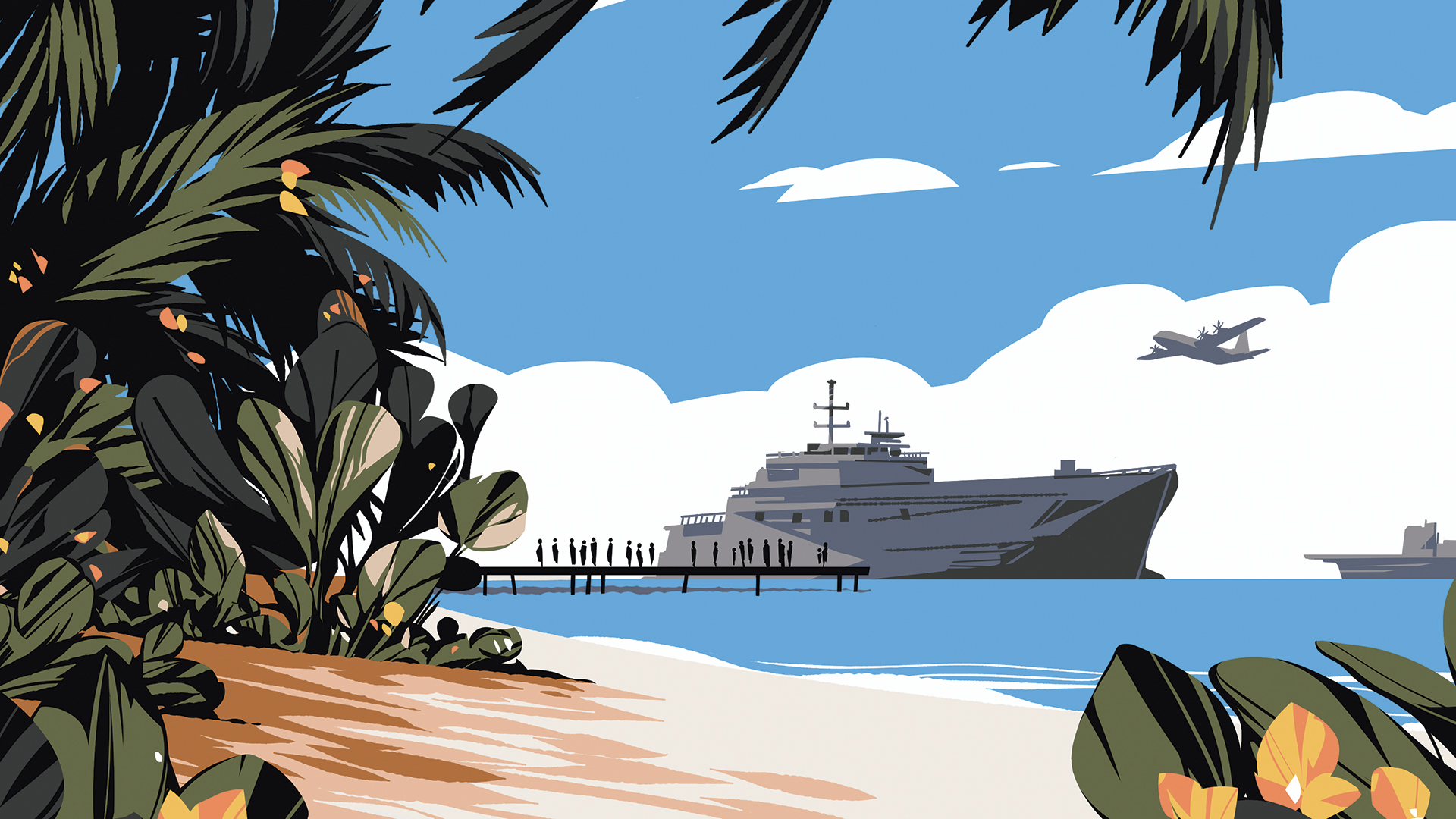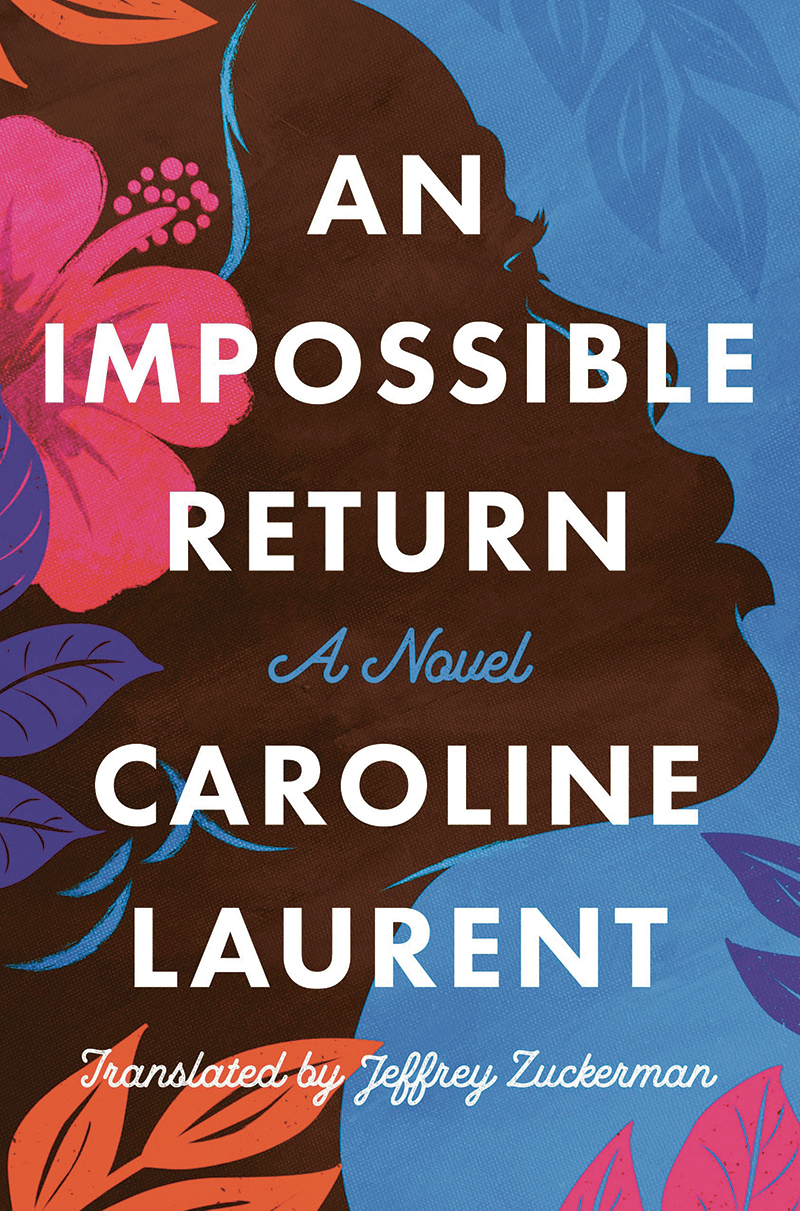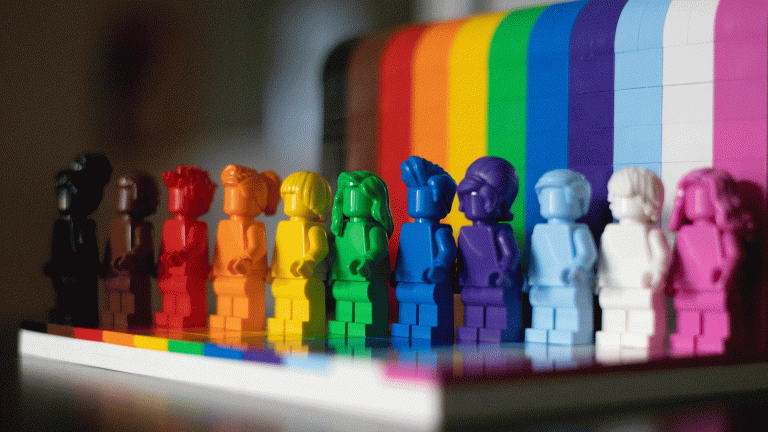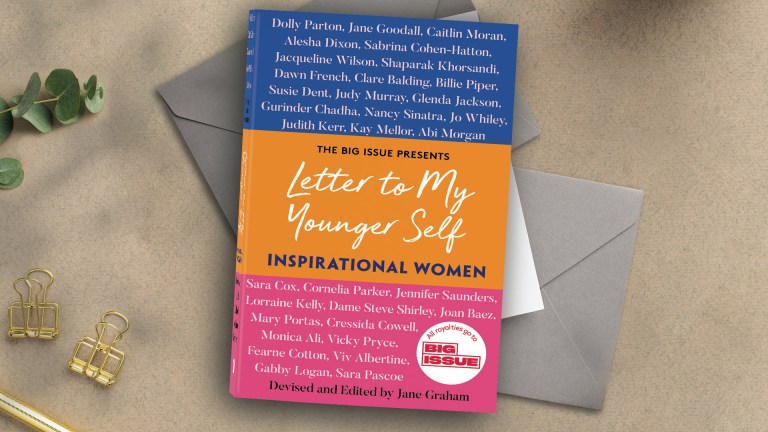The tragic tale of the Chagossian people, itself also a tale of revolt, was a tale told by my own mother. Born in Mauritius, she lived for several years, in the early ’60s, on Diego Garcia, the biggest island in the Chagos Archipelago. There, she had a taste of paradise: peaceful, happy, undoubtedly tinged by nostalgia for childhood. It was only in 1975 that she learned the horrible truth.
The British began a campaign to evict the local population in 1967 to allow their US allies to build a military base—a strategic location, as it were. The depopulation was finalised with the 1971 Immigration Ordinance law, which prohibited Chagossians from entering or remaining on the islands. The rift opened up by forced exile, compounding the original wound of her family’s voluntary exile to Europe, stoked a simmering fury in her heart. “Those poor folks were sold off! Sold for a song!” she told me again and again when I was little. Sold off, like slaves. Sold off, like animals. Worse than animals.
Over the years, her fury would become mine. I felt the injustice in my very bones. Men, women, children, grandparents—all torn from their land, their life. Sacrificed on the altar of the Cold War, of realpolitik, of almighty Western powers. A modern-day myth of unthinkable cruelty.
To write An Impossible Return, however, my mother’s memories would not be enough. And so, in the summer of 2018, I went to Mauritius, where my family still lives, to meet the Chagos Refugees Group led by Olivier Bancoult. At Pointe-aux-Sables, not far from the island’s capital city of Port-Louis, the Chagossian deportees had built a house in the colours of their flag: turquoise, orange, and black. The sea lost forever; the fire of the sun setting on their island; the black of pain. In the building’s dusty office, I made my way through a mountain of documents: archives, witness accounts, fading and still-vivid photos, weathered books. And I spoke with the Chagossians, those who had been uprooted, those who remembered it, those who wanted to recount to fight against silence and oblivion. To write a novel about the Chagos Islands was above all to wrest from silence and oblivion a sweeping panorama of our collective history. To give voice anew to the voiceless, visibility to the invisible.
This tragedy matters to us because it proves that colonialism is not over, that the way darker-skinned populations are treated by world powers is still atrocious, and that inequality remains horrifically present. It matters because it underscores how women, now and always, hold far more courage than the powerful to fight against brutality, against injustice. It matters for us because, as the Latin poet Terence declared, nothing human is alien to us.
I don’t know whether I chose to write an activist novel or whether such tragedy makes only an activist novel possible. Through my pages, I have tried to revive the polis, the cité, what in common parlance is called public opinion. I cannot shake the feeling that the book insisted on my writing it. An insistence that, of course, was welcome because literature makes it possible to dream someone else’s dreams, to lay bare how those wounded can be stronger than their wound. But an insistence overtook my life.










